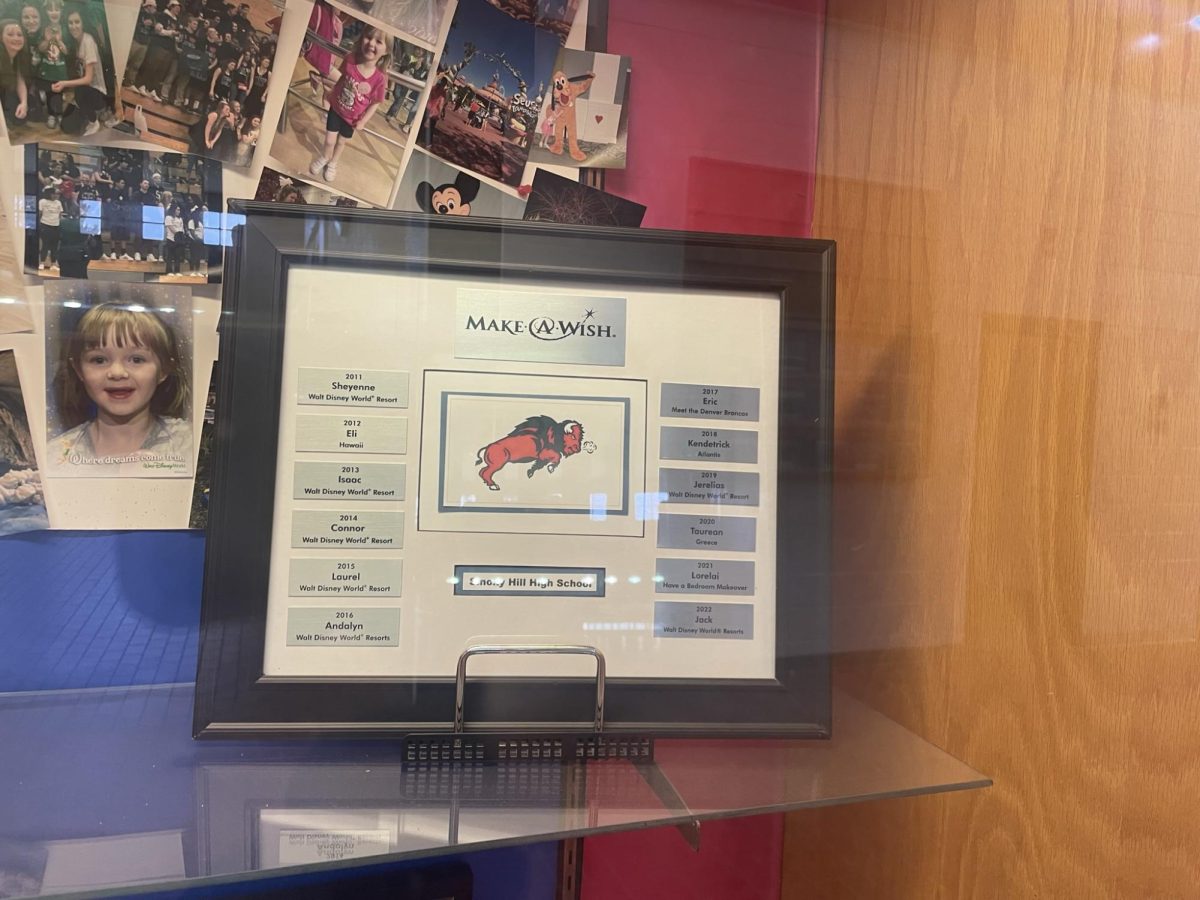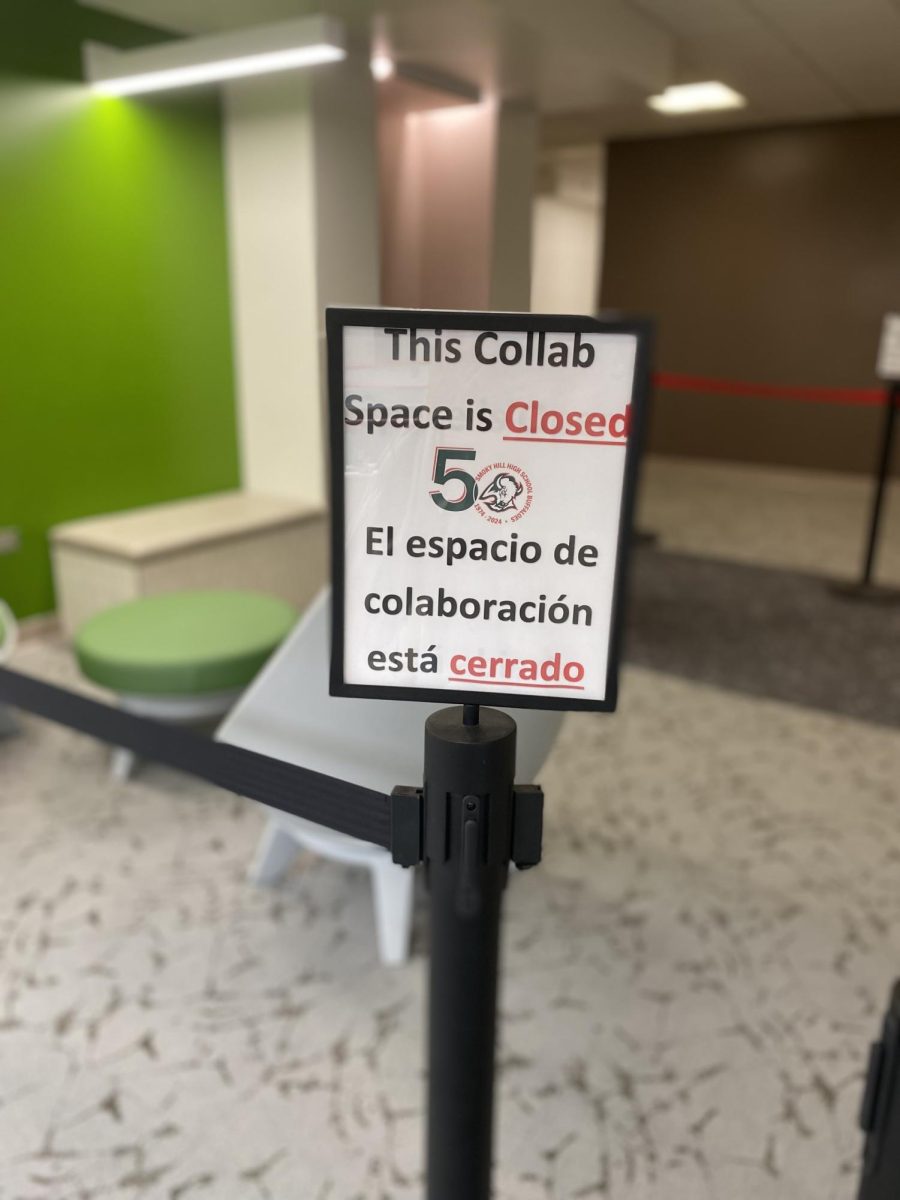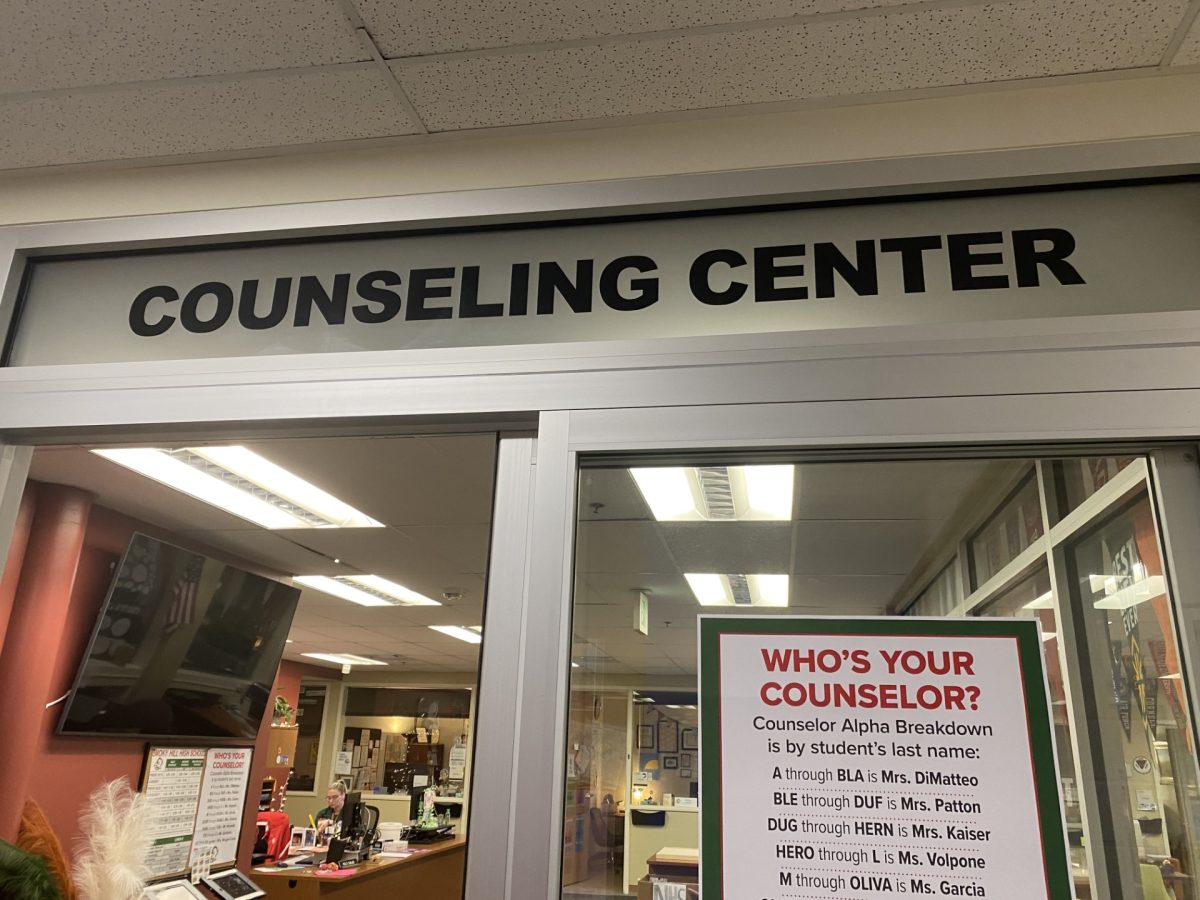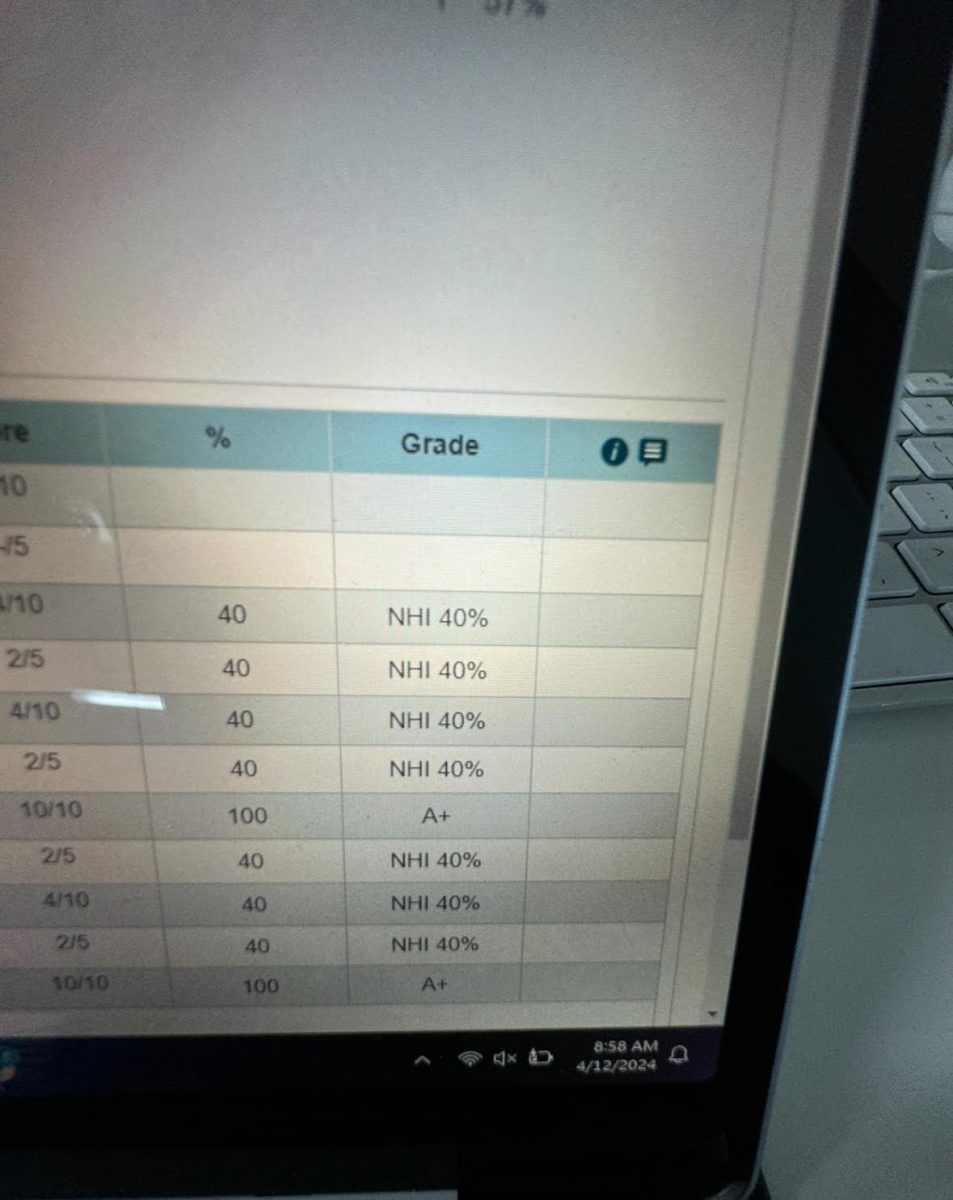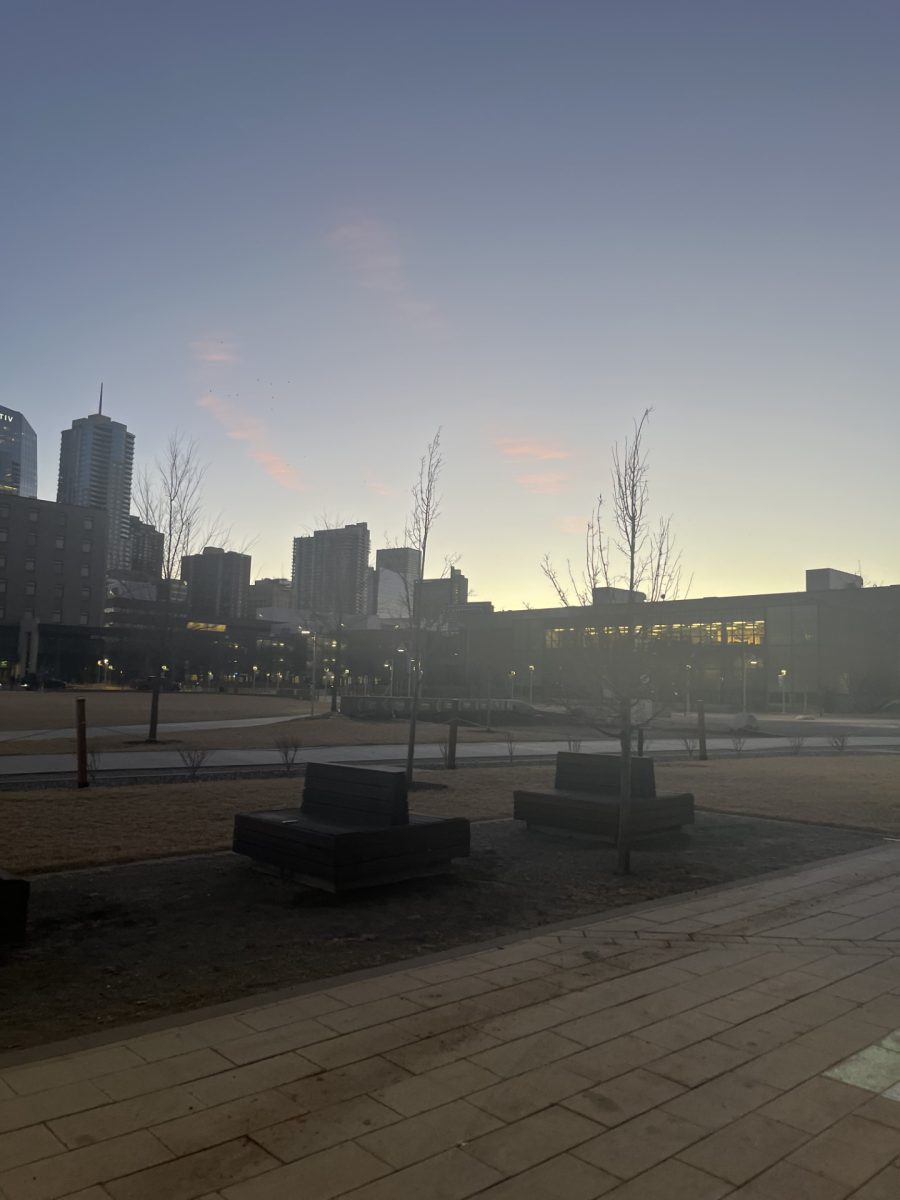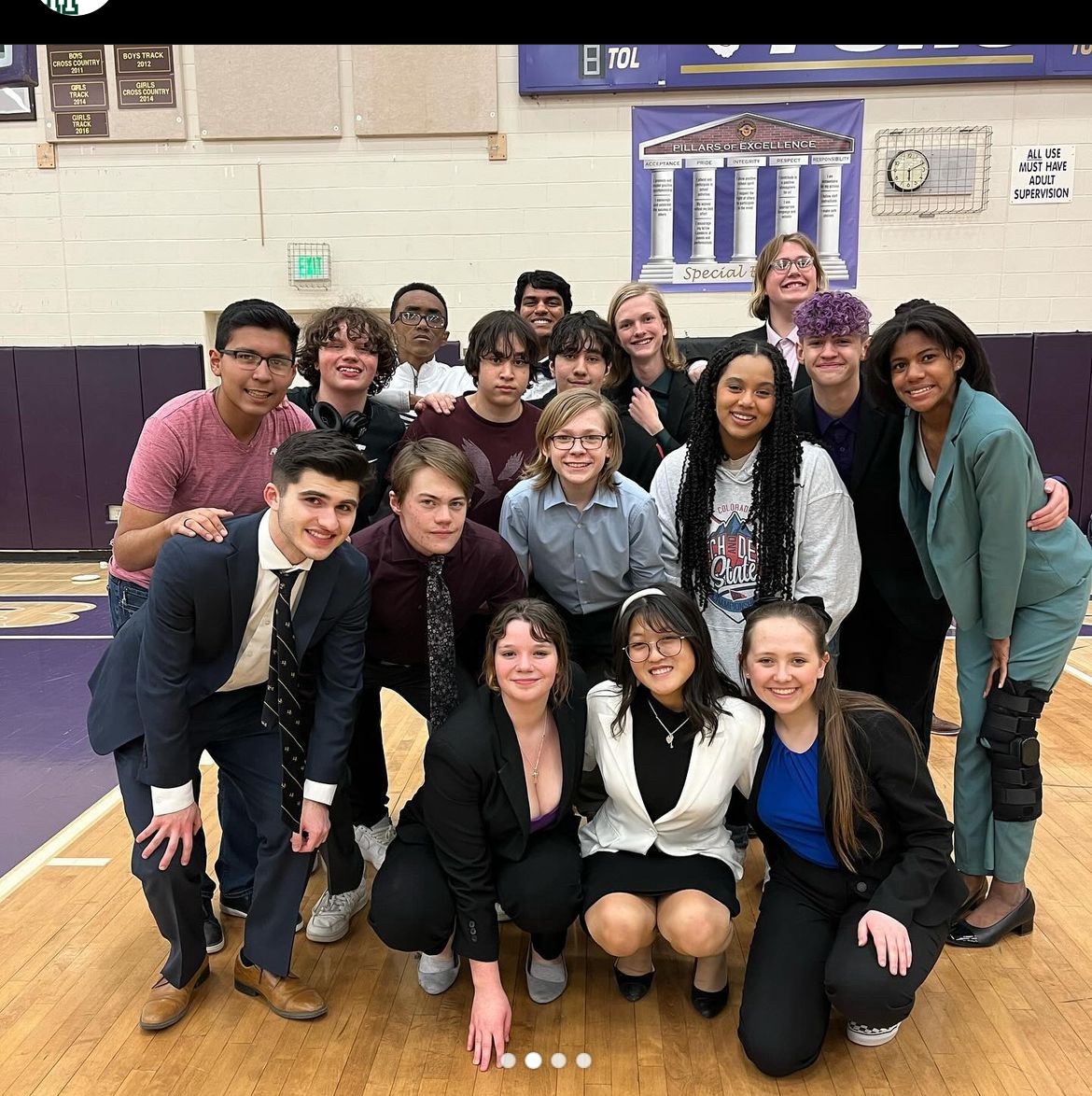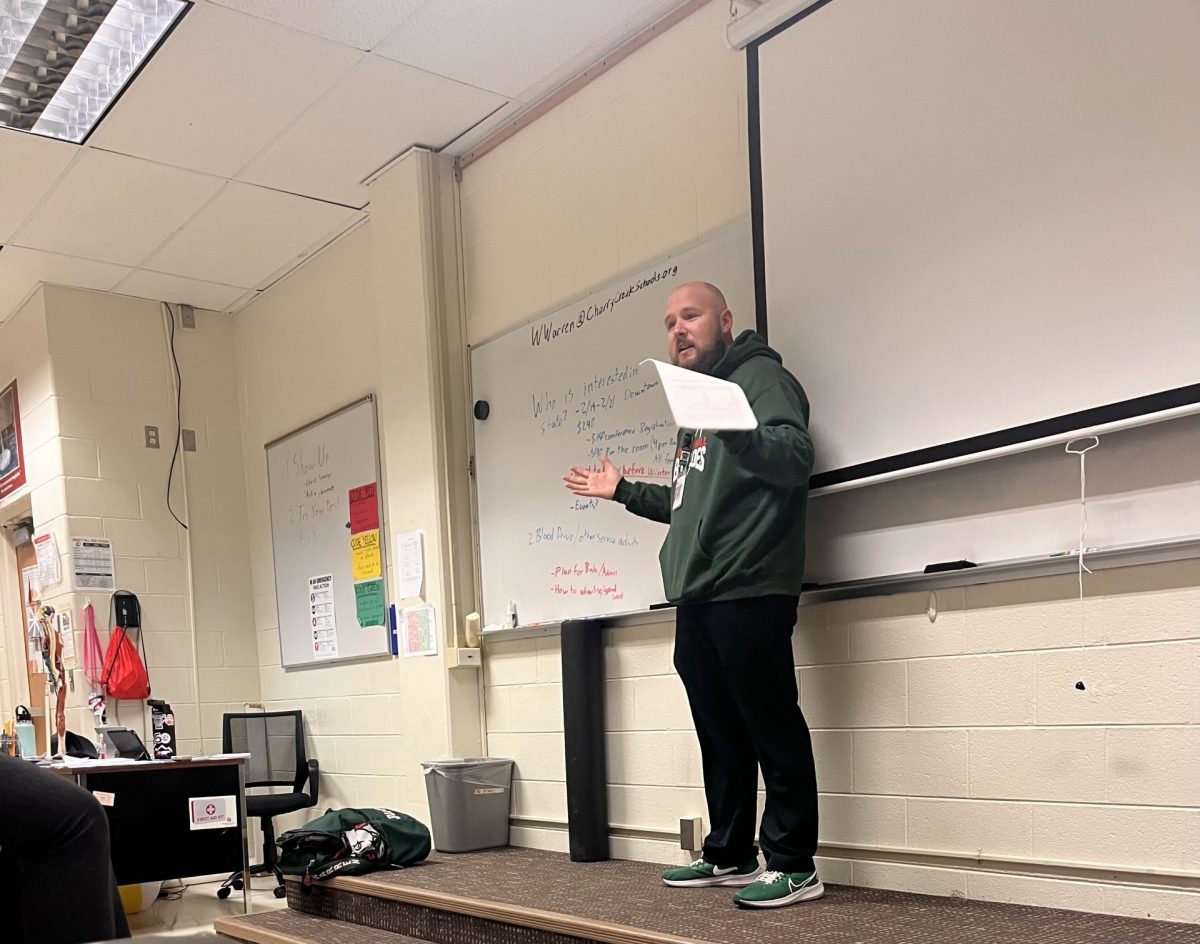Black History Month
First African-American Female Lawyer
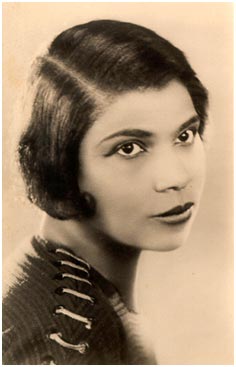
February 28, 2016
On February 27, 1872, Charlotte E. Ray graduated from Howard Law School. She is known for being the first African-American female lawyer in the U.S.
According to www.biography.com, Ray was born in New York City on January 13, 1850. She grew up in a large family as one of seven children. In her family, education was extremely important.
She attended the Institution for the Education Of Colored Youth in the 1860s, in Washington, D.C. It was one of the handful of places that offered a quality education to young African-American women.
According to www.blackpast.org Ray, excelled at her studies at Howard University of Law especially in corporate law.
By the end of the 1860s, she was temporarily at a preparatory school associated with Howard University.
She then applied to the university’s law program as using only her initials, C.E.Ray. Due to the fact that women weren’t allowed to be in the program, she disguised herself in order to submit her application. The university reluctantly accepted her application and she attended for three years, 1869 to 1872.
She earned her law degree in 1872 then was admitted to the District of Columbia Bar the same year, becoming one of the three woman admitted to the bar. Later, she was the first woman granted permission to argue cases in front of the U.S. Supreme Court.
A little later after earning her degree, she started her own office specializing in commercial law. To attract clients, she advertised in a newspaper run by Frederick Douglass, a leader in the abolitionist movement.
According to newsone.com she only practiced a few years because of widespread prejudices. She then later moved to New York where she became a teacher in Brooklyn Public Schools in 1879.
Ray later became a member of the Women’s Suffrage Movement as well as joining the National Association of Colored Women.
Today, Charlotte E. Ray is honored not only because of the racial oppression she faced but also because she became the first African-American woman to realize her dream of becoming a lawyer, even though it was prohibited.



